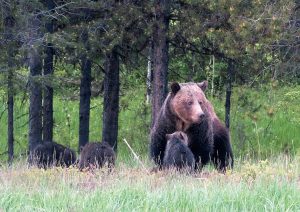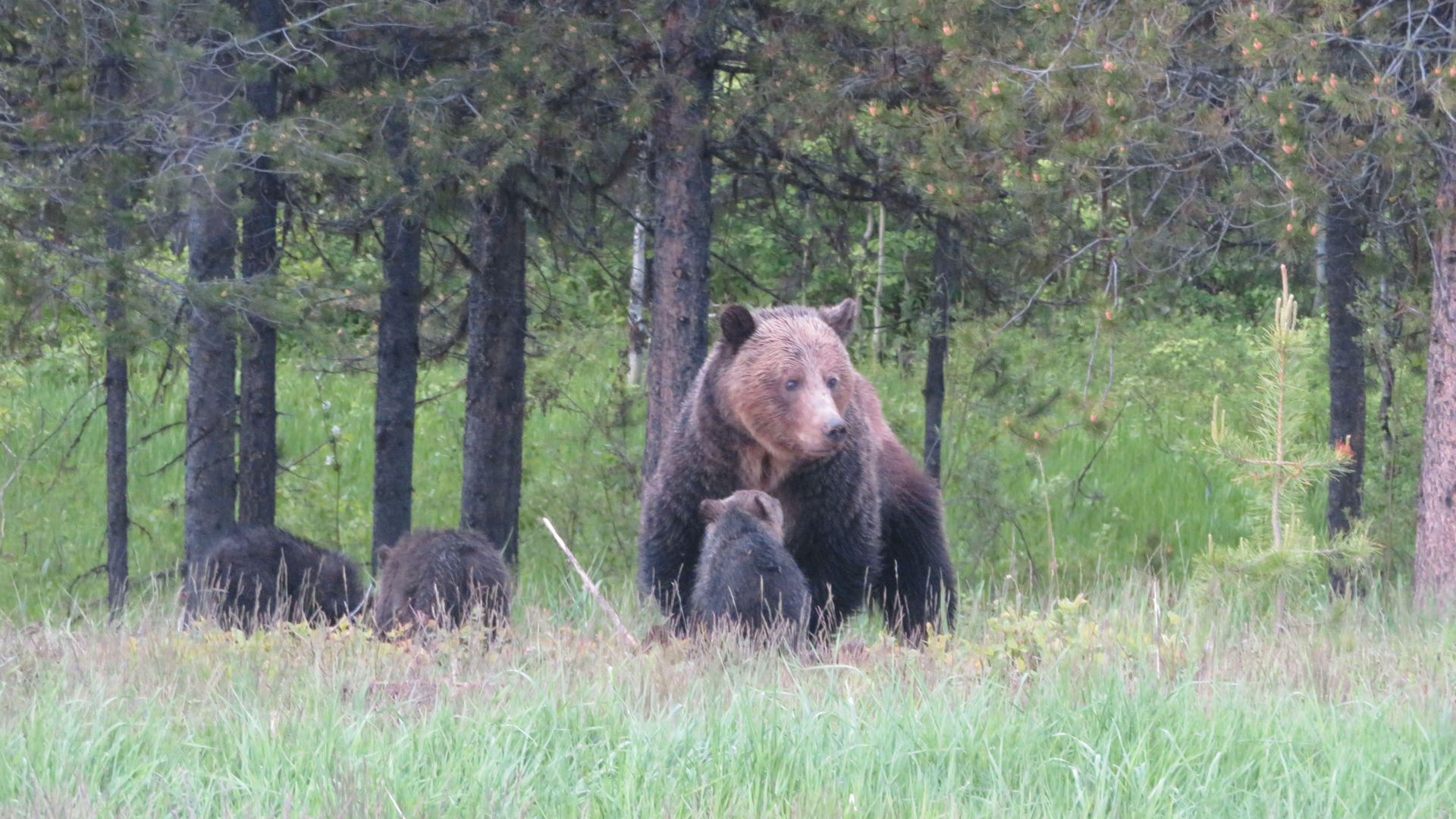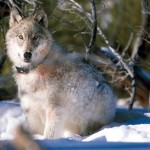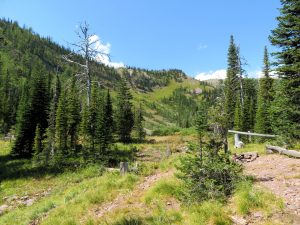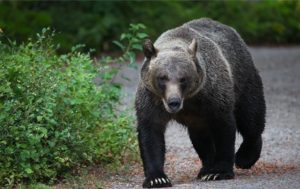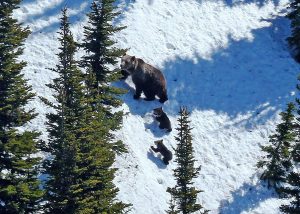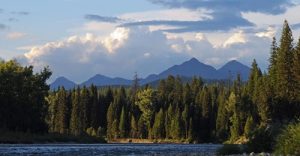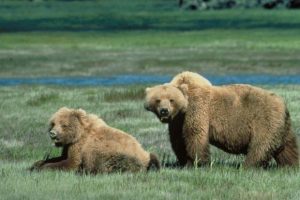
Press Release
FOR IMMEDIATE RELEASE
Wednesday, December 10, 2020
Contact: Dave Hadden, Director, 406-270-3184/ info@headwatersmontana.org
Local Conservation Organization Closes
Establishes Wilderness Scholarship Fund and
Donates to Bigfork and Columbia Falls Conservation Projects
Local conservation organization Headwaters Montana will close its doors at the end of December after some 13 years of work in the Flathead and Kootenai regions advocating for wildlife and wilderness in land management decisions.
The Headwaters board voted in June to close the organization citing funding and other circumstances as the cause.
Board president Roger Sherman said that Headwaters Montana played a significant role in protecting the North Fork of the Flathead Rive from Canadian coal mine development in the early 200’s with passage of the North Fork Watershed Protection Act. Headwaters marshaled bipartisan local support for the protection measures.
Headwaters also helped lower the temperature of the usually controversial Flathead Forest management plan revision process by initiating the Whitefish Range Partnership that brought diverse stakeholders to the table to resolve complex issues. The final plan improved snowmobiling opportunities and recommended 80,000-acres of wilderness in the Whitefish Range, for example.
The organization also worked on a range of other conservation issues on the Kootenai National Forest, as well as the Kootenai River pollution from British Columbia, and helped develop alternate sources of funding for non-game wildlife in Montana, among many other issues.
As part of its closing Headwaters Montana has endowed the Loren Kreck and Edwin Fields Wilderness Scholarship Fund and the Jack Potter Glacier National Park Stewardship Fund. Both funds will be managed by the North Fork Preservation Association (NFPA).
NFPA president Flannery Coats said her organization looks forward to carrying on some of the legacy work of Headwaters. “Both these funds will help bring wilderness education and better natural resource management decisions to Montana in general and Glacier Park in particular,” Coats said.
In addition to these funds, Headwaters Montana made significant cash gifts to the Montana Land Reliance’s “Bigfork Natural Area Project”, and the Flathead Land Trust’s “Badrock Canyon Project.”
The Bigfork project hopes to build upon and expand the current trail system along the “Wild Mile” in Bigfork. The Badrock Canyon Project seeks to protect about 800 outstanding acres along the Flathead River between Columbia Falls and Columbia Falls Heights.
“We’re really pleased to contribute to these two outstanding projects,” said Sherman. “We hope our donation will inspire others to contribute.”
To learn more about the Wilderness Scholarship Fund or Glacier Park Stewardship Award contact Flannery Coats at 406-407-3863. Contact Mark Schiltz at 406-837-2178 at the Montana Land Reliance regarding the Bigfork Natural Area Project, and Paul Travis at 406-261-4357 at the Flathead Land Trust for the Badrock Canyon Project.
###
